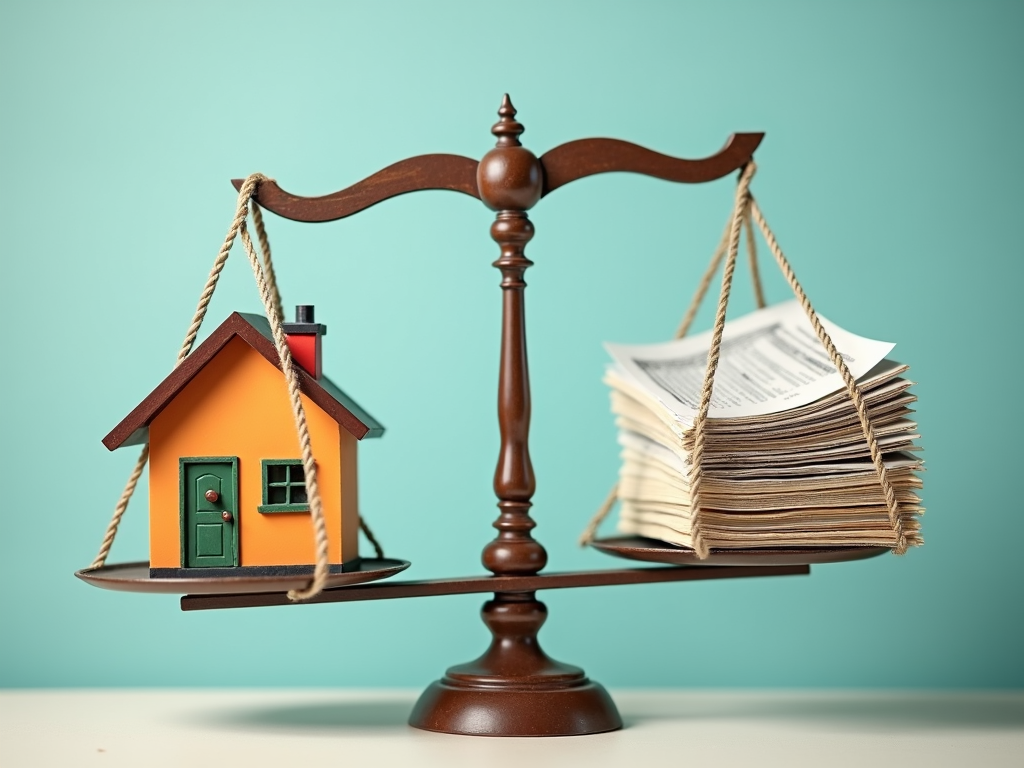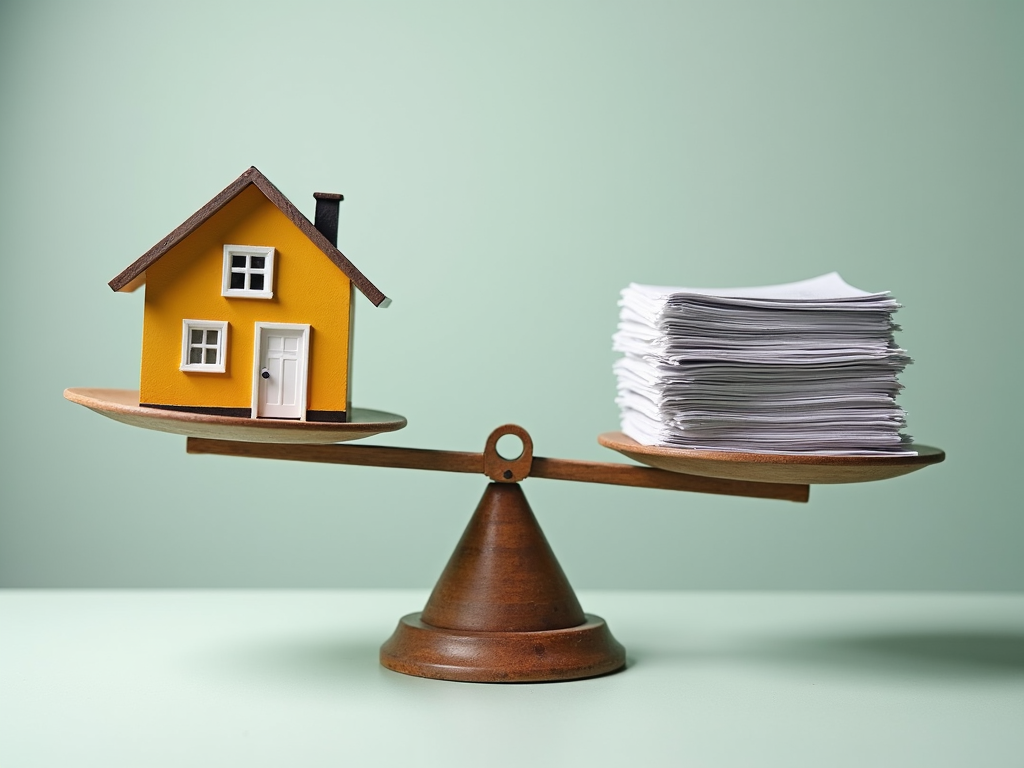The decision between purchasing a home and renting a property is one of the most significant financial decisions that investors and private savers can make. This choice affects not only financial well-being but also lifestyle and long-term security. This article will examine the financial aspects and repercussions on living conditions and security to help you make an informed decision.
Financial Considerations for Property vs. Rental: The Right Choice for Your Future

When reflecting on whether it is financially more sensible to buy a home or rent an apartment, numerous factors play a decisive role. Financial situation, market trends, and individual life goals are central aspects that must be carefully evaluated.
Firstly, purchasing a home offers the prospect of significant asset increases. Real estate is considered relatively stable in value and can appreciate over time, making it an interesting investment. This increase in value, coupled with the opportunity to own the property without constraints in old age, makes home ownership an important element of retirement planning. Economically speaking, the property also serves as a shield against inflation, as its value typically increases in parallel with the inflation rate.
Tax aspects are also of great importance. Many countries offer tax incentives to property owners. These range from interest deductibility to specific amortizations that can make the financial burden of purchasing a home more manageable. Therefore, considering a long time frame, owning a home creates not only a financial anchor but also stability and security.
However, the high entry costs should not be underestimated. Purchasing a home entails substantial initial investments, which, in addition to equity, include ancillary costs such as real estate agent fees and taxes. Additionally, recurring maintenance costs are borne by the owner, which constitutes a significant cost factor. Another risk factor is the so-called concentration risk, as a significant portion of the wealth is invested in a single asset.
In contrast, renting offers considerable flexibility. Lower initial costs make renting attractive to many people, especially in times of economic uncertainty or frequent job changes. Predictable monthly rental costs, maintenance covered by the landlord, and the ability to change residence without major effort are evident benefits.
However, there are also disadvantages to renting. Tenants do not benefit from the property’s appreciation in value, and in the long term, they may spend more than they would if they were buying. Especially in urban areas, rents continue to rise, which can make renting an apartment more expensive over time. Additionally, there is a dependence on the landlord, which limits personal freedom of design.
In practice, it is observed that the decision between ownership and renting strongly depends on individual context. While home ownership can bring long-term financial benefits, renting is more appealing for short- and medium-term flexibility. Every decision should therefore be made comprehensively based on financial possibilities and long-term life goals.
Life Circumstances and Stability: The Right Choice Between Property and Rent

The choice between purchasing a home and renting an apartment is closely linked to individual life situation and personal security needs. Both options offer, depending on the context, various advantages and disadvantages that must be taken into account.
Flexibility vs. Stability
For many people at the beginning of their careers or who frequently change jobs, flexibility is a decisive factor. Rental apartments generally offer short-term contracts, making it easier to change residence if necessary. This supports not only professional development but also allows for responses to rapidly evolving life circumstances without being tied down by long-term commitments. In contrast, purchasing a home implies a connection to a fixed location. However, this can be an advantage for families or individuals with stable jobs and the desire for a lasting base.
Financial Impact on Life Decisions
From a financial perspective, renting represents an option that initially requires fewer capital constraints, thus allowing greater flexibility in income usage. This provides room for diverse financial decisions, such as investments in education or travel. Home ownership, on the other hand, requires both an initial investment and a long-term financing strategy. However, while paying rent without participating in asset increases, the payments for a home can stabilize over the long term due to a combination of amortization and fixed interest rate. Ultimately, this leads to an independent increase in wealth.
Emotional Security and Value Development
A common reason for purchasing a home is the pursuit of emotional and financial security. Independence from fluctuations in the rental market and ownership of a tangible asset that usually appreciates over time offers many people a sense of confidence in future planning. Properties in attractive locations can also increase significantly in value, which relativizes initial costs over the years.
Maintenance Responsibility vs. Convenience
Rental properties offer the comfort that maintenance and repair are generally covered by the landlord, creating additional financial space. In contrast, owners are fully responsible for their property’s maintenance and must be prepared for unforeseen expenses that may arise during repairs or upgrades. However, this responsibility is often associated with pride and satisfaction in being able to design and maintain one’s own home according to one’s ideas.
Overall, the decision between buying and renting is influenced by both rational and emotional criteria. While renting offers a flexible and often straightforward solution, home ownership combines stability with security in long-term planning. Personal preferences and circumstances should always form the basis of this important decision that impacts life.